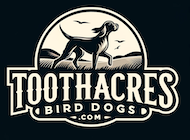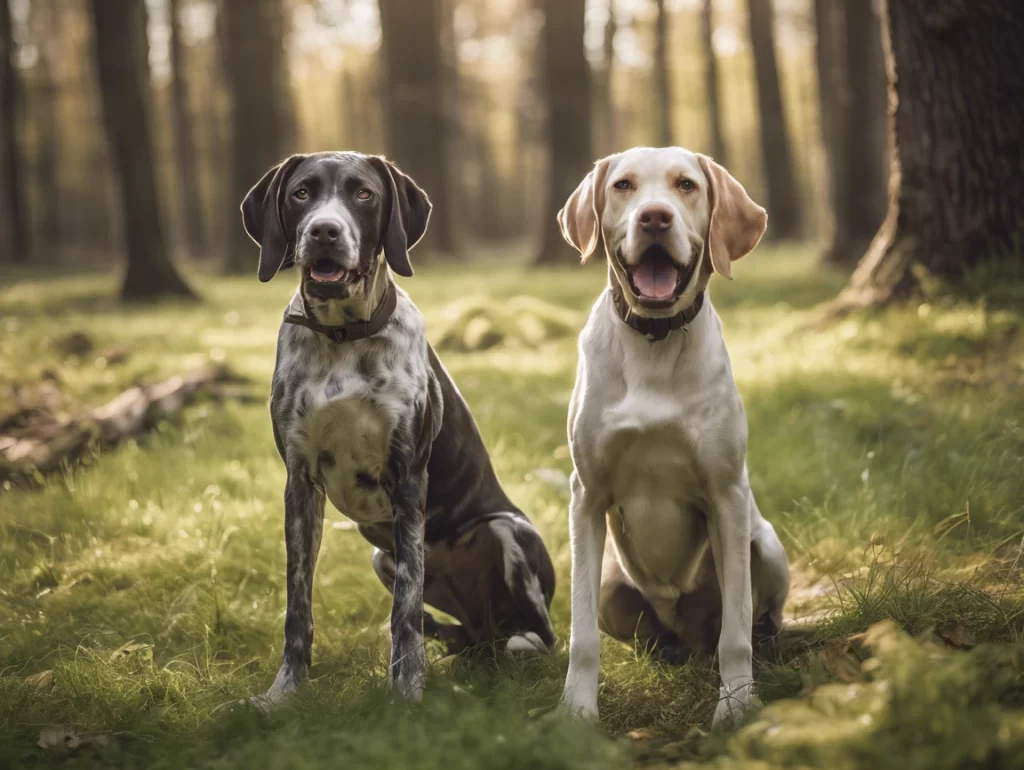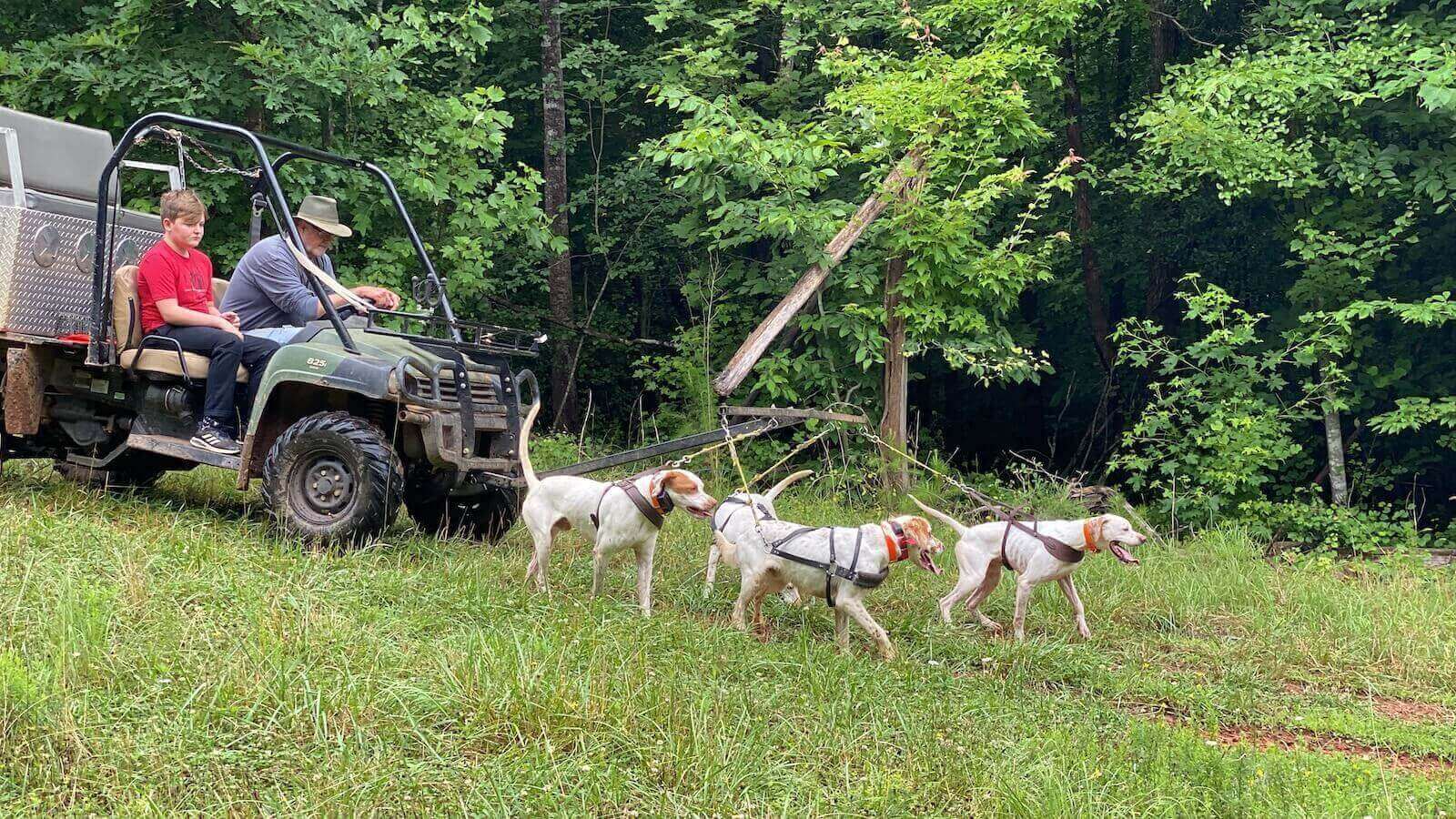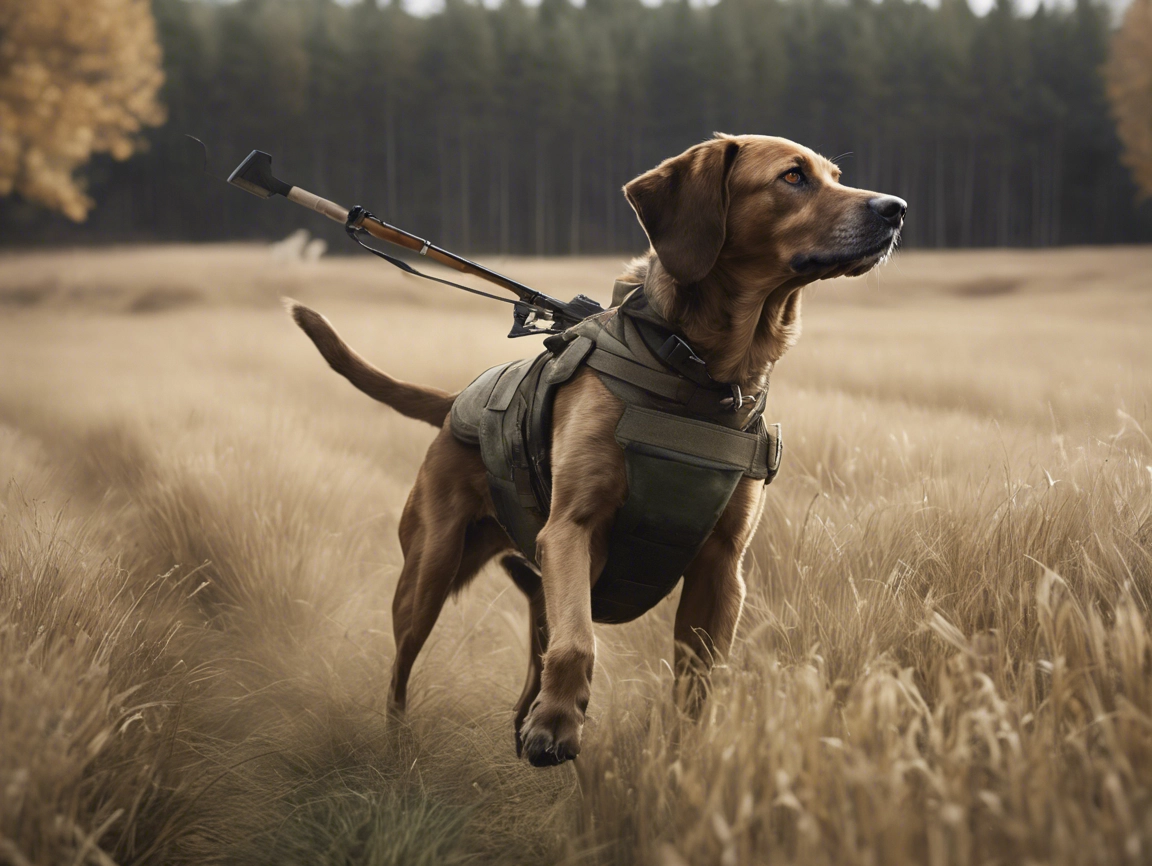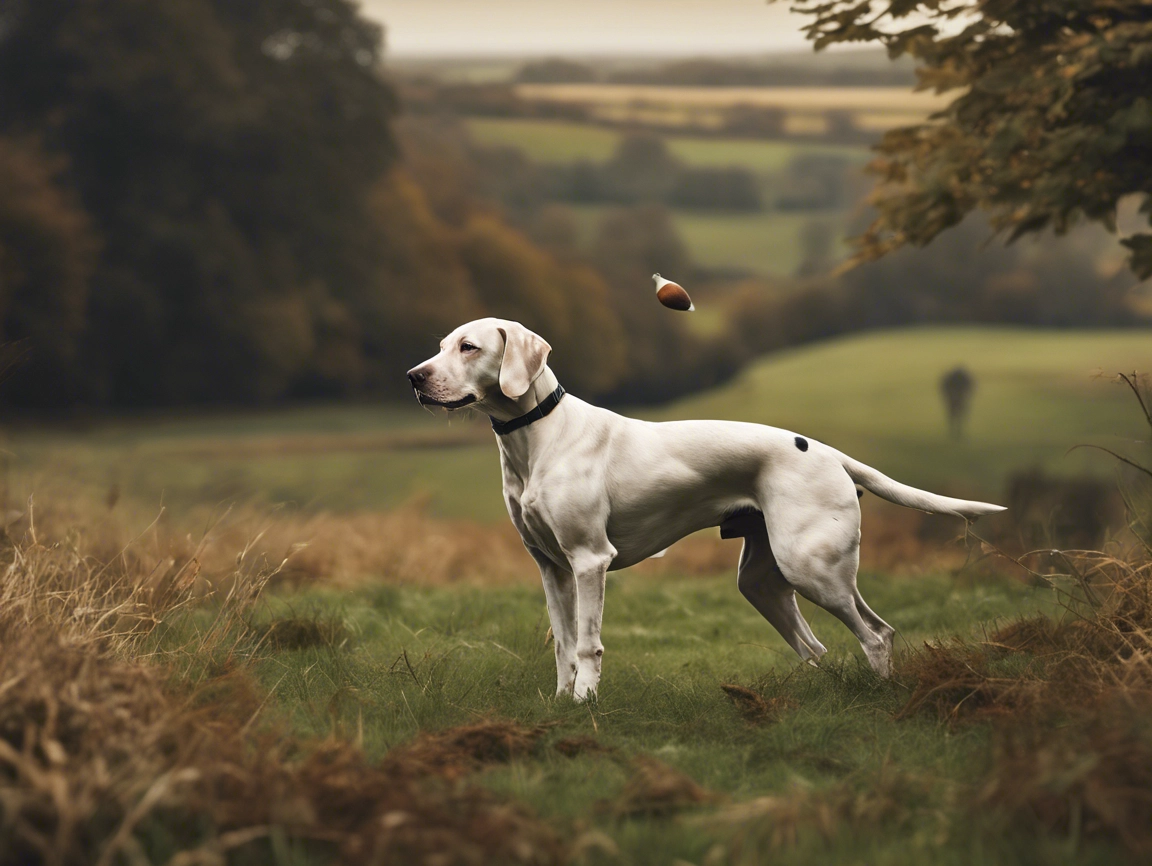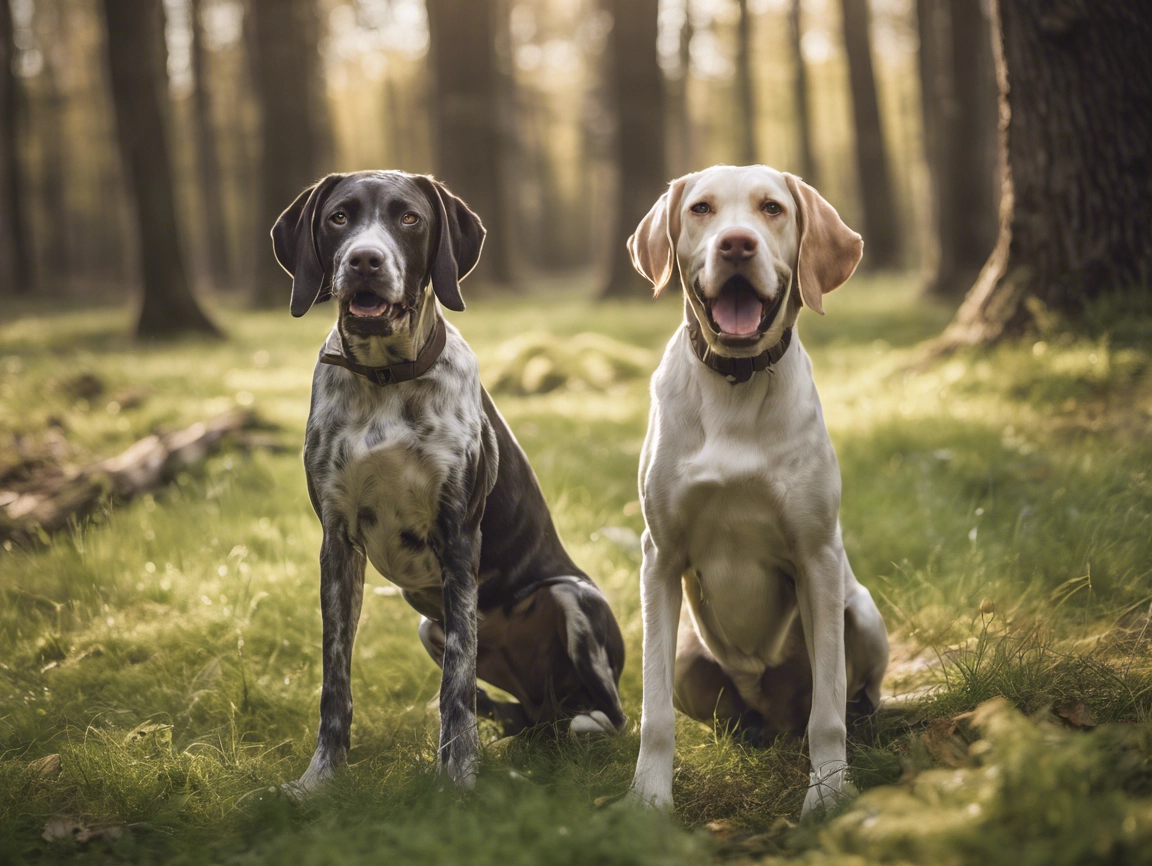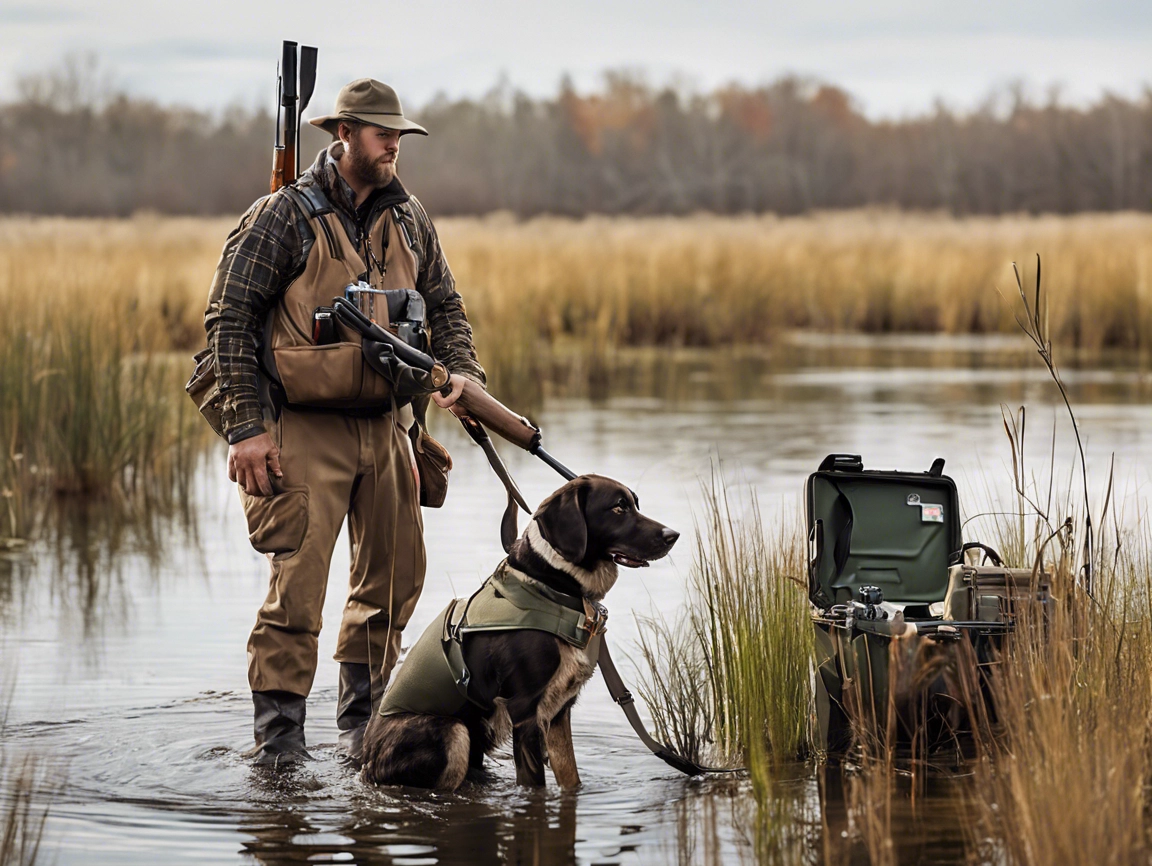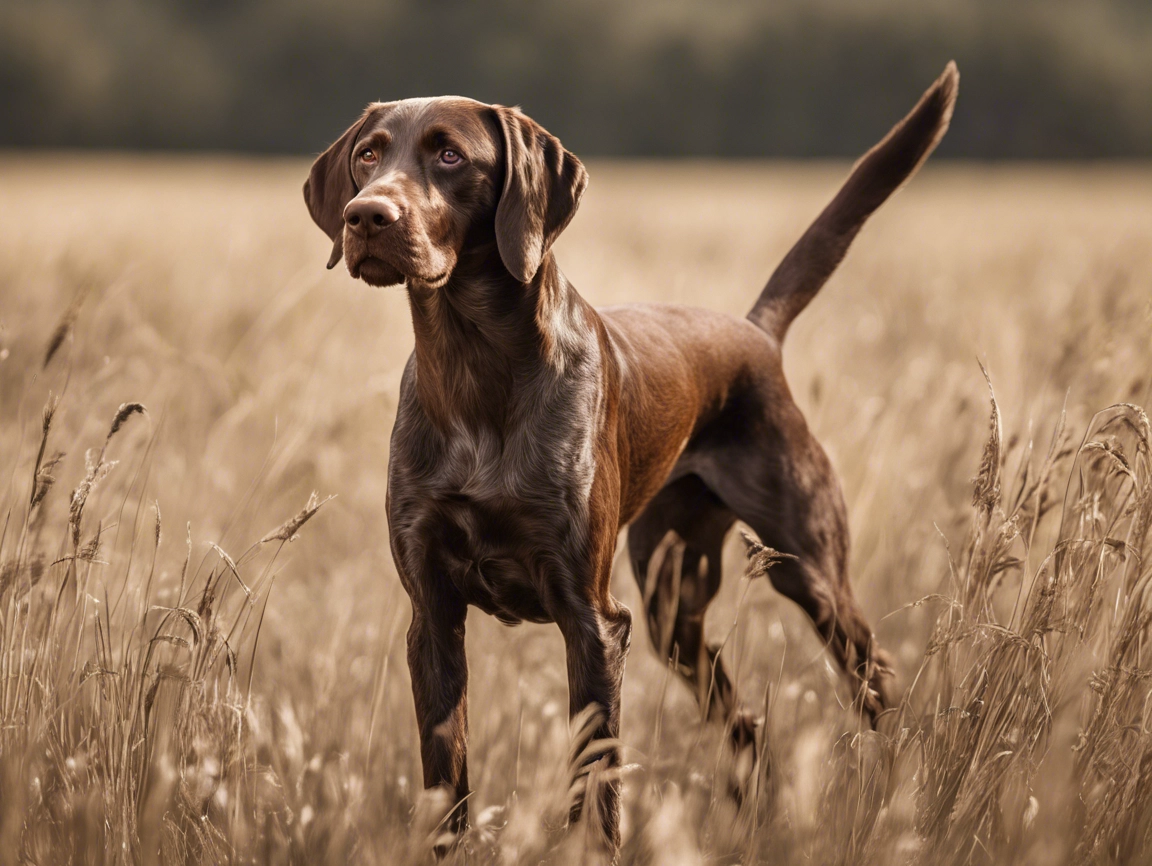When it comes to training your Pointer breed, early socialization is key to their development into well-behaved, confident, and versatile hunting companions. Socializing your Pointer dog early ensures they are comfortable in a variety of environments and with different people and animals. This post explores why early socialization is essential for Pointers, and offers actionable tips to help your dog become a well-rounded field companion.
Why Early Socialization is Crucial for Pointers
Pointer dogs are naturally intelligent, but without proper socialization, they may not reach their full potential. Early exposure to different environments, people, and situations helps Pointers become adaptable and responsive. A well-socialized Pointer dog is more confident and can handle the stresses of hunting, field trials, and everyday situations with ease.
Benefits of Socializing Your Pointer Breed Early
- Prevents Behavioral Problems: A Pointer breed that has been properly socialized is less likely to exhibit fear-based behaviors, such as aggression or excessive anxiety. Early socialization ensures that your dog feels confident in various situations and doesn’t develop problematic behaviors later on.
- Improves Focus and Performance in the Field: For hunting dogs like Pointers, being comfortable in unfamiliar situations allows them to focus more on their work in the field. Socialized Pointers are better able to concentrate on their tasks without getting distracted by new stimuli, such as sounds, people, or animals.
- Strengthens Bond with the Owner: Early socialization involves regular interactions with people and other dogs, which builds trust and strengthens the bond between you and your Pointer breed. A close bond is essential for effective communication and training in the field.
Tips for Socializing Your Pointer Dog Early
To set your Pointer breed up for success, start socializing as early as possible. Begin exposure between 8 to 16 weeks when your dog is most receptive to new experiences.
Introduce Your Pointer to New Environments
Take your Pointer dog on walks through different environments such as parks, urban areas, and rural fields. Let them experience new sights, sounds, and smells that they might encounter during a hunt.
- Start with quieter locations and gradually increase the level of stimulation.
- Take your Pointer breed to busy places like farmers’ markets, busy streets, or pet-friendly events to get used to crowds.
Positive Reinforcement for Social Interactions
Use positive reinforcement techniques, such as treats and praise, when your Pointer dog encounters new people, animals, or situations. This encourages them to associate new experiences with positive outcomes, making them more willing to engage in future social interactions.
- Introduce your dog to other animals, including dogs, cats, and even livestock if possible.
- Expose them to different age groups of people, from children to older adults.
Set Up Playdates with Other Dogs
Socializing with other dogs is critical for developing a Pointer breed’s social skills. Arrange playdates with friendly, well-behaved dogs to teach your Pointer how to interact appropriately in a social setting.
- Always supervise interactions to ensure positive experiences.
- Look for dogs with similar energy levels to avoid overwhelming your Pointer.
How to Maintain Socialization as Your Pointer Grows
The early stages of socialization set the foundation, but it’s important to continue the process throughout your dog’s life. Regular exposure to new experiences will keep your Pointer breed well-adjusted, confident, and responsive.
Consistent Exposure to New Experiences
Even after your Pointer dog has completed their basic socialization training, continue to expose them to new experiences. Regular outings, continued playdates, and maintaining varied social interactions will keep their socialization on track.
- Take your dog to different places, both indoors and outdoors.
- Attend dog training classes or join dog sports clubs to meet other dogs and people.
Watch for Signs of Stress
Some dogs, even those with great socialization early on, may experience stress in certain environments. Watch for signs of fear, such as tail tucking, growling, or avoidance. If your Pointer shows signs of discomfort, allow them to gradually get accustomed to the situation at their own pace.
Conclusion: The Power of Early Socialization for Pointers
Early socialization is a fundamental part of training your Pointer breed. It lays the groundwork for a confident, obedient, and focused dog. By exposing your Pointer dog to various experiences, people, and animals in their formative weeks, you’re giving them the tools they need to succeed in the field and as a family companion. Remember, consistency is key in socialization, and with time and patience, your Pointer will become a well-adjusted, balanced dog that excels in every situation.
